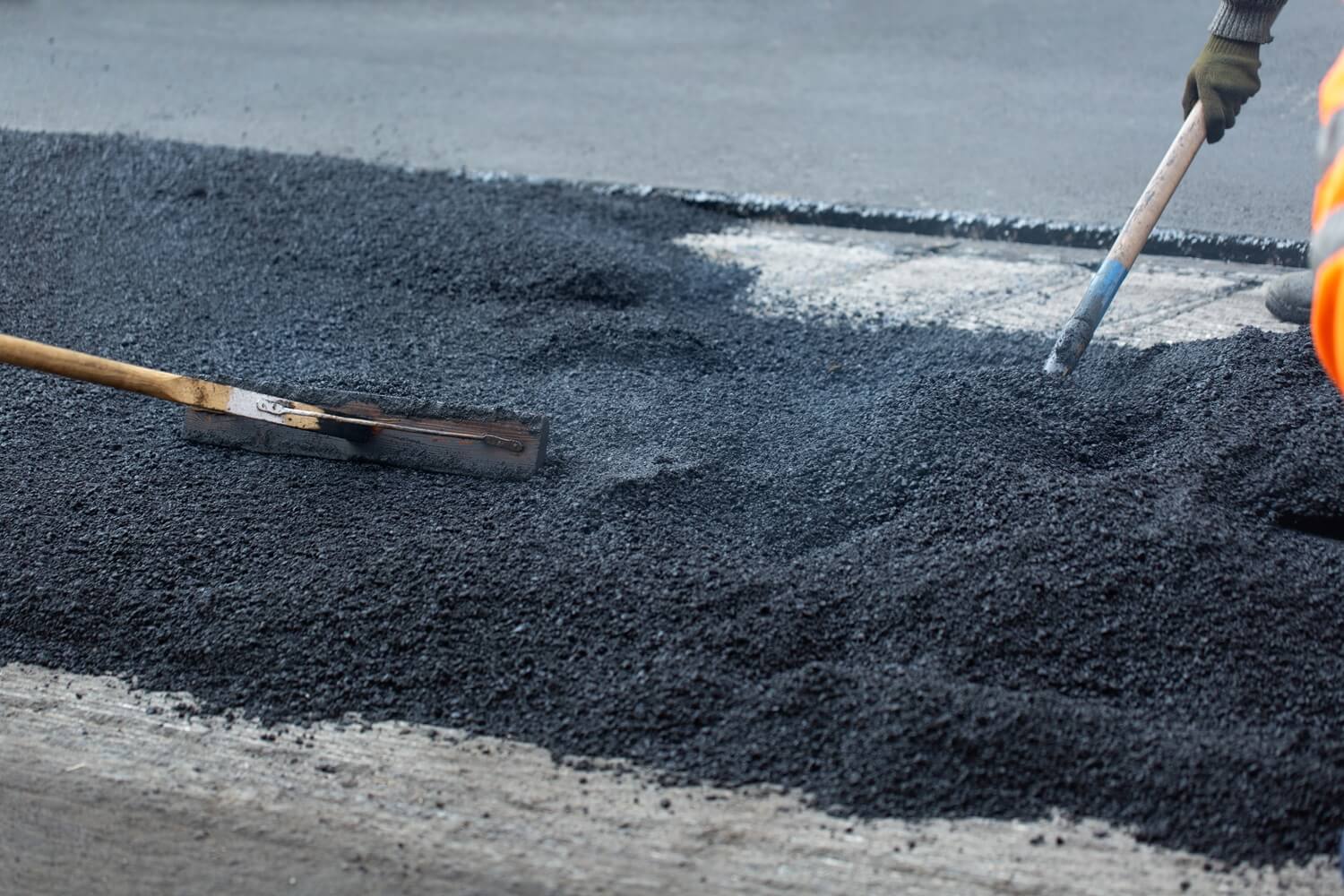The Right Asphalt Grade for Your Construction Project
A Guide to Asphalt Grades: Choosing the Right Mix for Your Project
How to Choose the Right Asphalt Grade for Your Construction Project
Choosing the right asphalt grade is crucial for ensuring the longevity, performance, and cost-effectiveness of any construction project. From asphalt roads to parking lots and industrial applications, selecting the appropriate grade impacts durability, resistance to weather conditions, and overall maintenance requirements.
With various asphalt grades available, understanding their properties and applications is essential for construction professionals, asphalt suppliers, and project managers.
This guide explores different asphalt grades, their characteristics, and how to select the best option for your project. To explore high-quality asphalt solutions, check out our range of asphalt products.
Understanding Asphalt Grades
Asphalt is classified based on its viscosity, penetration value, and performance characteristics under different temperature conditions. Different grades are designed to meet specific project requirements, ensuring optimal load-bearing capacity, flexibility, and weather resistance.
Some key factors that influence asphalt selection include:
Traffic Load – The expected volume and weight of vehicles using the surface.
- Climate Conditions – Resistance to temperature fluctuations, UV exposure, and moisture.
- Project Type – Highways, urban roads, industrial applications, and residential areas require different asphalt compositions.
Application Method – Whether the asphalt will be applied using an asphalt plant for large-scale projects or manually for smaller applications.
Types of Asphalt Grades and Their Applications
1. Penetration Grade Asphalt
Penetration grade asphalt is classified based on its softness and hardness, which affects its performance in various temperatures. It is commonly used in road construction and pavement surfacing.
40/50, 60/70, 80/100 Penetration Grades – Suitable for moderate climates and standard asphalt roads.
100/120, 120/150 Grades – Used in colder climates where higher flexibility is required.
2. Viscosity Grade Asphalt
Viscosity grade asphalt is measured based on its flow properties at different temperatures. It is commonly used for hot mix asphalt (HMA) production at an asphalt plant.
VG-10 – Ideal for surface dressing and paving in moderate traffic areas.
- VG-30 – Suitable for high-traffic urban roads and highways.
VG-40 – Used in industrial and heavy-load areas for increased durability.
3. Performance Grade (PG) Asphalt
Performance grade asphalt is designed to withstand specific temperature extremes, making it a preferred choice for highway construction and asphalt roads in diverse climates.
PG 64-22 – Used in regions with moderate temperature fluctuations.
- PG 76-22 – High-performance asphalt for hot climates and heavy-traffic areas.
PG 58-34 – Best for cold climates where extreme temperature resistance is needed.
How to Select the Right Asphalt Grade
1. Evaluate Traffic and Load Requirements
Heavily trafficked roads require asphalt with high stability and resistance to rutting. VG-30 or PG 76-22 asphalt is commonly used in urban roads, highways, and airport runways where vehicles exert significant pressure on the pavement.
2. Consider Climate and Weather Conditions
Choosing an asphalt grade suited for local weather conditions ensures long-term performance. PG-grade asphalt is formulated to withstand specific temperature ranges, preventing cracking and deformation.
In colder regions, PG 58-34 prevents thermal cracking, while PG 76-22 is designed for hot climates to resist rutting.
3. Match Asphalt Grade to Project Type
Different projects require specific asphalt grades. For asphalt roads, penetration and viscosity-grade asphalt are common. Industrial and commercial sites often require VG-40 or PG 76-22 asphalt to handle heavy-duty applications.
Residential streets and parking lots may benefit from VG-10 or penetration-grade asphalt.
4. Work with an Experienced Asphalt Supplier
Selecting the right asphalt supplier ensures that you receive high-quality materials tailored to your project’s needs. A supplier with an established asphalt plant can provide consistent, performance-based asphalt grades while offering technical guidance for the best results. Explore our asphalt solutions to find the right material for your next project.
The Role of an Asphalt Plant in Quality Asphalt Production
An asphalt plant plays a crucial role in determining the quality and consistency of the final product. The manufacturing process involves heating, drying, and mixing aggregates with asphalt binders to create durable, high-performance paving materials.
Benefits of Using Asphalt from a Reputable Asphalt Plant:
Consistent Quality Control – Ensures asphalt meets industry specifications.
- Customized Asphalt Blends – Tailored mixes to suit climate and traffic conditions.
- Efficient Production – Supplies large-scale projects without delays.
Sustainability Efforts – Modern plants incorporate recycled asphalt pavement (RAP) to reduce environmental impact.
Conclusion
Choosing the right asphalt grade for your construction project ensures longevity, durability, and cost-effectiveness. By understanding different asphalt grades, considering traffic and climate conditions, and working with a trusted asphalt supplier, you can make informed decisions that enhance pavement performance.
If you're planning a large-scale project, partnering with an asphalt plant that offers quality-controlled materials can further improve asphalt road durability and efficiency. Selecting the right asphalt is a critical step in ensuring the success of your construction project.
To explore high-quality options, visit our asphalt product range.
